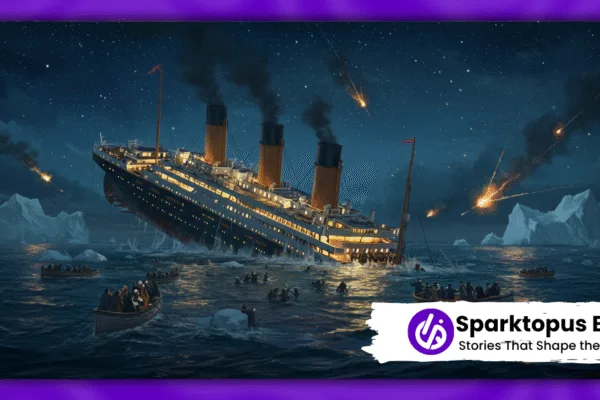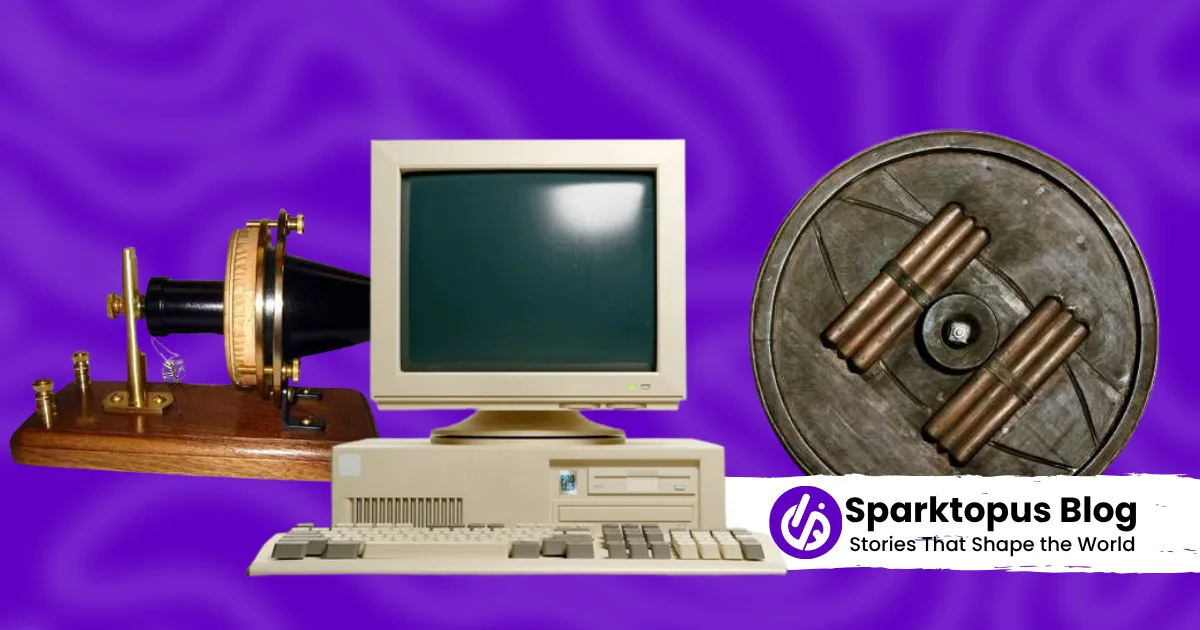
The most important inventions in history have transformed how we live, work, and connect as human beings. From the invention of the wheel to the rise of the internet, each breakthrough has played a vital role in shaping modern civilization. These groundbreaking innovations revolutionized transportation, communication, medicine, and industry—pushing the boundaries of what’s possible and laying the foundation for the world we know today. In this article, we’ll explore the top 10 most important inventions in history and how they changed the course of humanity forever.
1. The Wheel (circa 3500 BCE)
The wheel is often hailed as the cornerstone of mechanical innovation. First developed in Mesopotamia, it revolutionized transportation and machinery, allowing humans to carry heavy loads more efficiently and travel further than ever before.

Why It Matters:
Paved the way for the development of carts, chariots, and wagons.
Enabled the creation of pottery wheels, shaping the art and utility of ceramics.
Laid the foundation for future inventions in engineering and transport, including modern vehicles and turbines.
Fun Fact: The earliest known wheel was not used for transportation, but for pottery.
2. The Printing Press (1440 CE)
Invented by Johannes Gutenberg, the printing press is arguably one of the most influential innovations in human history. It allowed for the mass production of books and documents, democratizing knowledge and fueling the Renaissance, Reformation, and Scientific Revolution.

Why It Matters:
Sparked widespread literacy and education.
Enabled the dissemination of revolutionary ideas and discoveries.
Contributed to the birth of modern journalism and publishing.
SEO Tip: If you’re wondering what invention had the greatest impact on knowledge sharing, the printing press is the clear winner.
3. Electricity (Discovered and Developed 17th–19th Century)
While electricity is a natural phenomenon, its harnessing for practical use—credited in part to Benjamin Franklin, Michael Faraday, and Nikola Tesla—was a game-changer. It laid the foundation for nearly every modern convenience we rely on today.
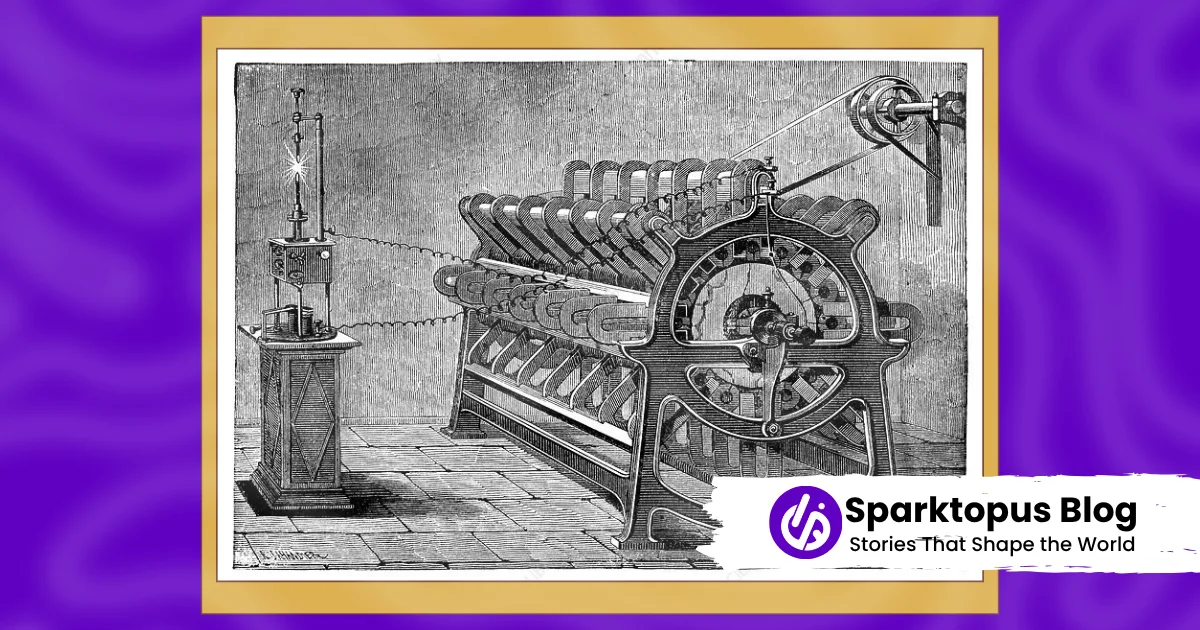
Why It Matters:
Powers homes, cities, and industries.
Enables communication via phones, the internet, and television.
Critical to medical, scientific, and industrial technologies.
Did You Know? The widespread use of electricity only became common in the early 20th century.
4. The Telephone (1876)
When Alexander Graham Bell invented the telephone, he transformed communication forever. No longer bound by written letters or telegraphs, people could now converse instantly across great distances.
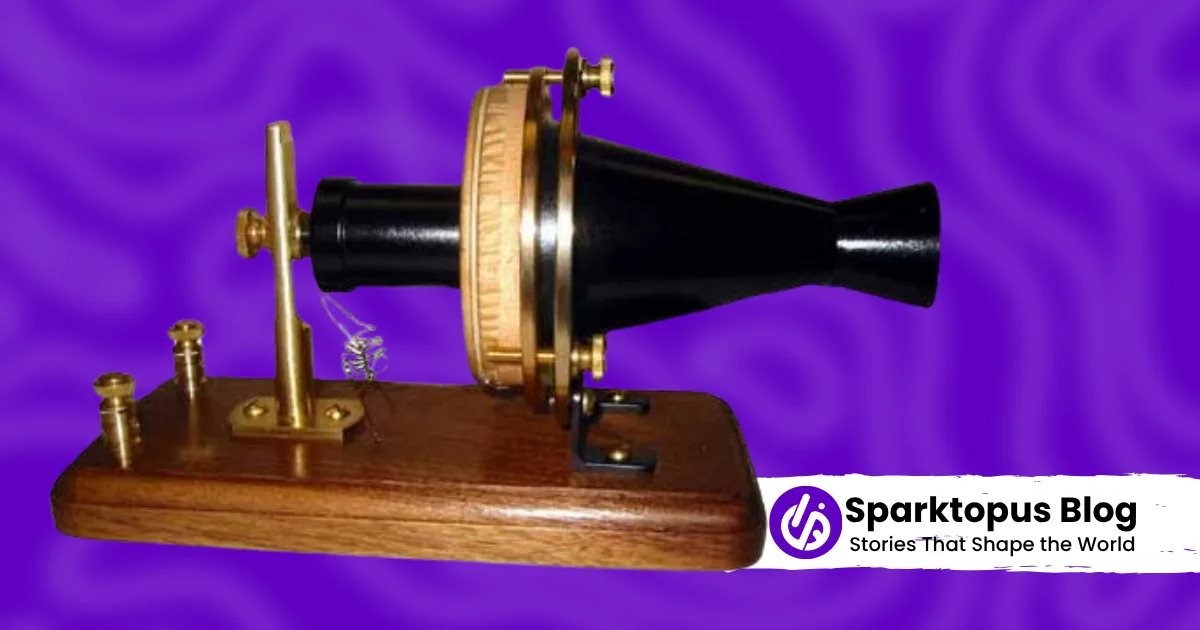
Why It Matters:
Revolutionized business, personal relationships, and global connectivity.
Laid the groundwork for mobile phones, the internet, and global communications networks.
Changed the pace of commerce and emergency services.
Bonus Insight: The telephone paved the way for today’s smartphones—arguably one of the most disruptive technologies of the 21st century.
5. The Internet (1960s–1990s)
From a military communication network to a global digital universe, the internet is the heartbeat of modern life. Developed through a collaboration of scientists, governments, and engineers, its impact is beyond measurable.
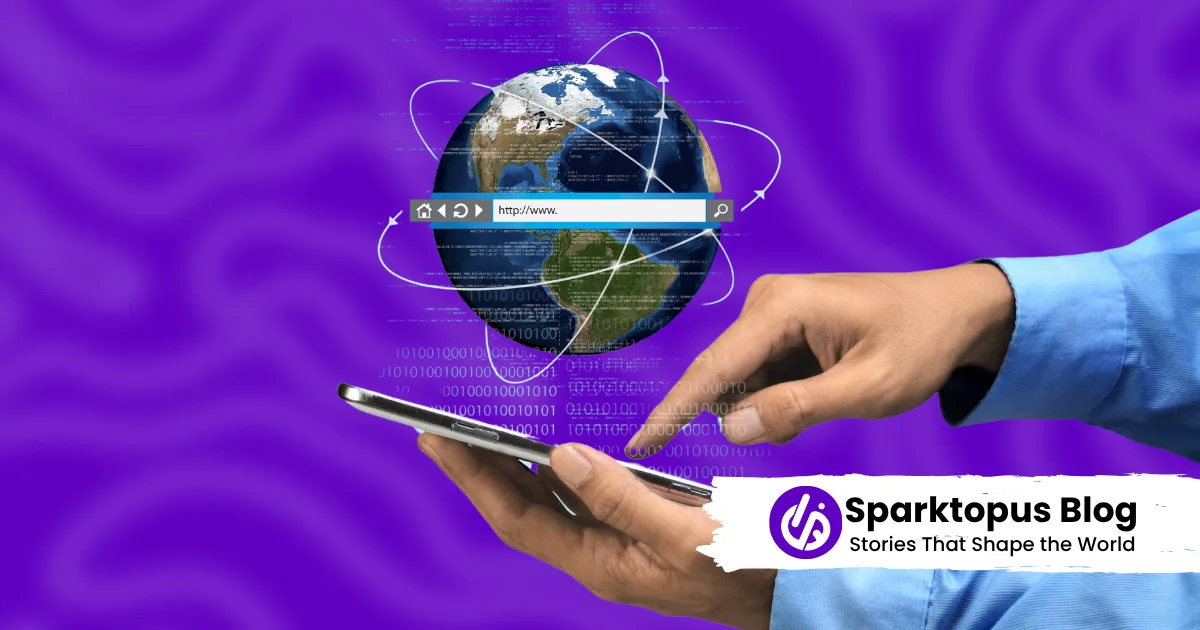
Why It Matters:
Connects billions of people worldwide.
Transformed commerce, education, entertainment, and communication.
Enabled the creation of new industries and economies.
Search Engine Insight: People often ask, “What’s the most recent life-changing invention?”—and the internet consistently ranks at the top.
6. Vaccination (1796)
Developed by Edward Jenner, the first vaccine (against smallpox) marked a turning point in public health. Vaccination has since saved millions of lives and eradicated or controlled deadly diseases.
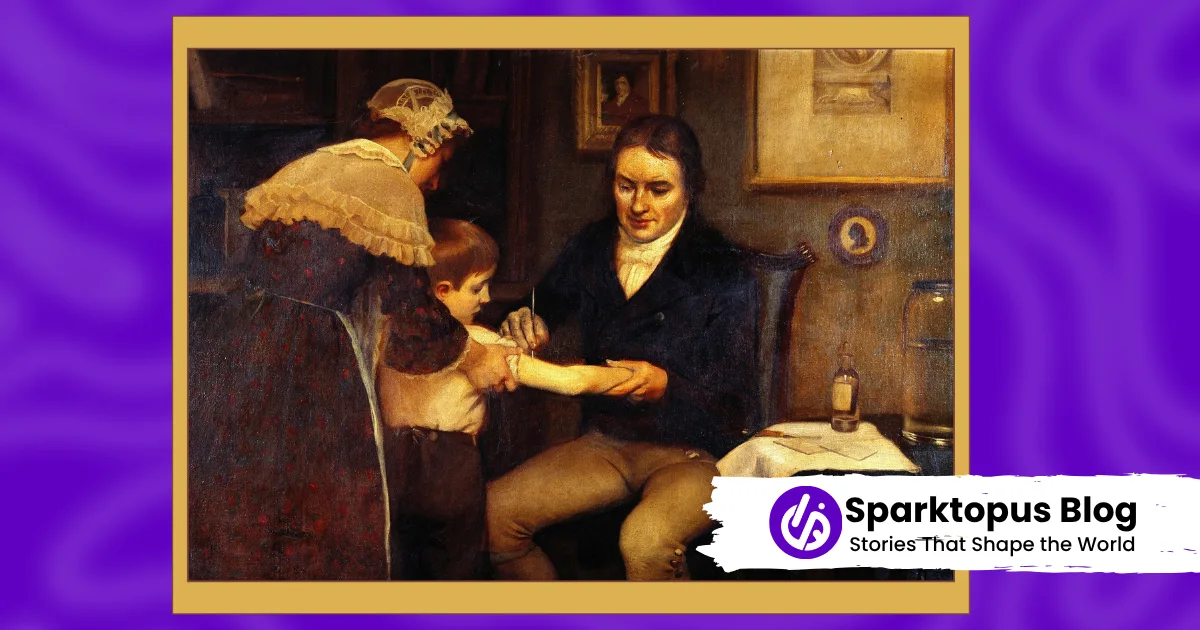
Why It Matters:
Prevents the spread of infectious diseases.
Protects vulnerable populations and enhances life expectancy.
Essential for global public health and pandemic control.
Key Point: Thanks to vaccines, diseases like smallpox have been eradicated, and others like polio are nearly extinct.
7. The Compass (circa 11th Century)
A simple but revolutionary tool, the compass made accurate navigation possible. Developed in ancient China, it eventually enabled the Age of Exploration and global trade.
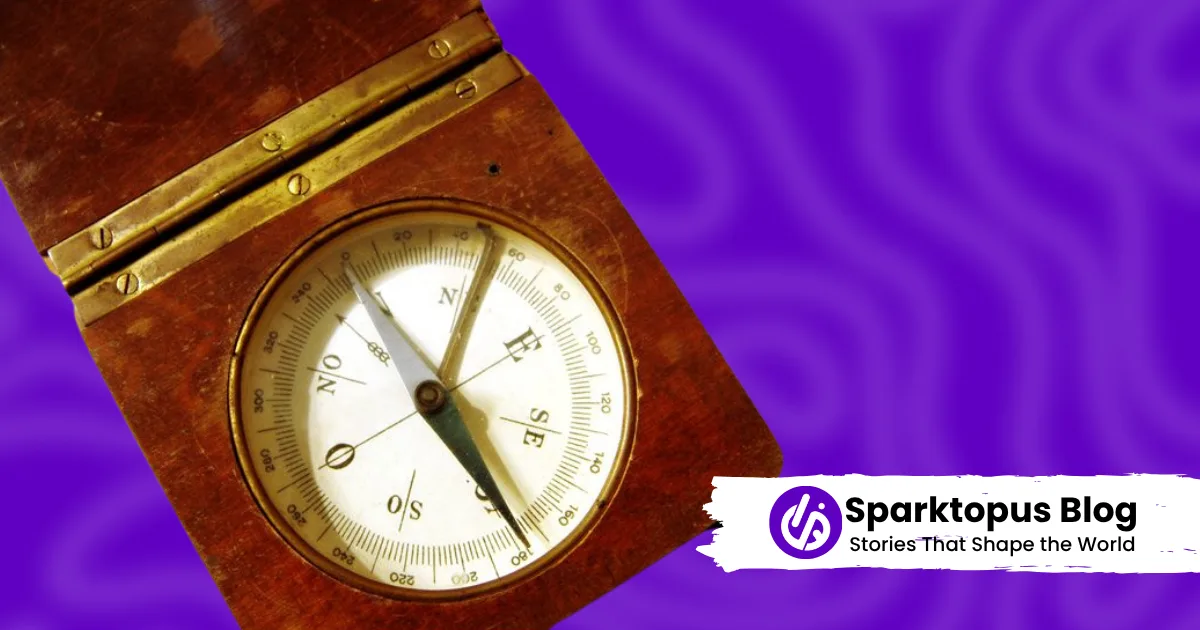
Why It Matters:
Allowed for safer and more accurate maritime navigation.
Enabled explorers to discover new lands and trade routes.
Crucial to the rise of global empires and cultural exchange.
SEO Tip: The compass often shows up in queries like “What inventions helped shape global exploration?”
8. The Steam Engine (1712)
Perfected by James Watt, the steam engine ignited the Industrial Revolution, changing the face of manufacturing, transportation, and labor.
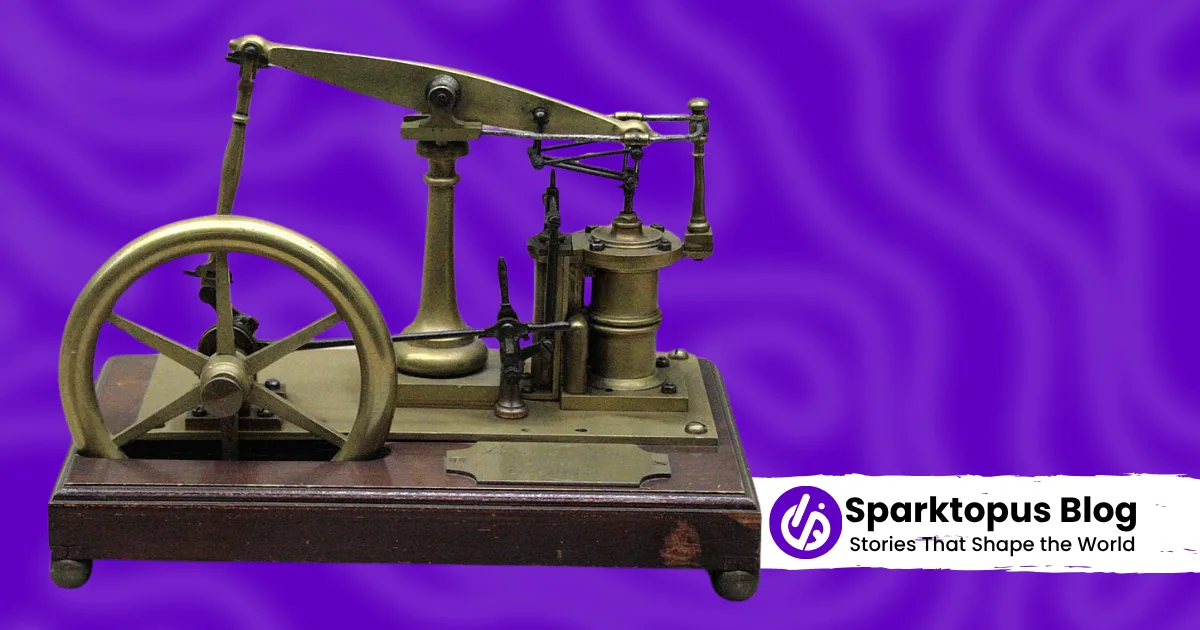
Why It Matters:
Powered factories, trains, and ships.
Sparked mass urbanization and economic transformation.
Revolutionized how humans produce goods and harness energy.
Did You Know? The steam engine also influenced early mechanical computing.
9. Penicillin (Discovered 1928)
Discovered by Alexander Fleming, penicillin was the first true antibiotic and has saved countless lives from bacterial infections.

Why It Matters:
Revolutionized medical treatment.
Reduced mortality rates from previously fatal infections.
Led to the development of many other antibiotics.
Pro Health Tip: Before penicillin, even minor cuts or sore throats could lead to fatal infections.
10. The Computer (20th Century)
While computers have many origin stories, figures like Alan Turing, John von Neumann, and companies like IBM led their development. From early mainframes to AI-driven systems, computers have redefined how we work, learn, and live.
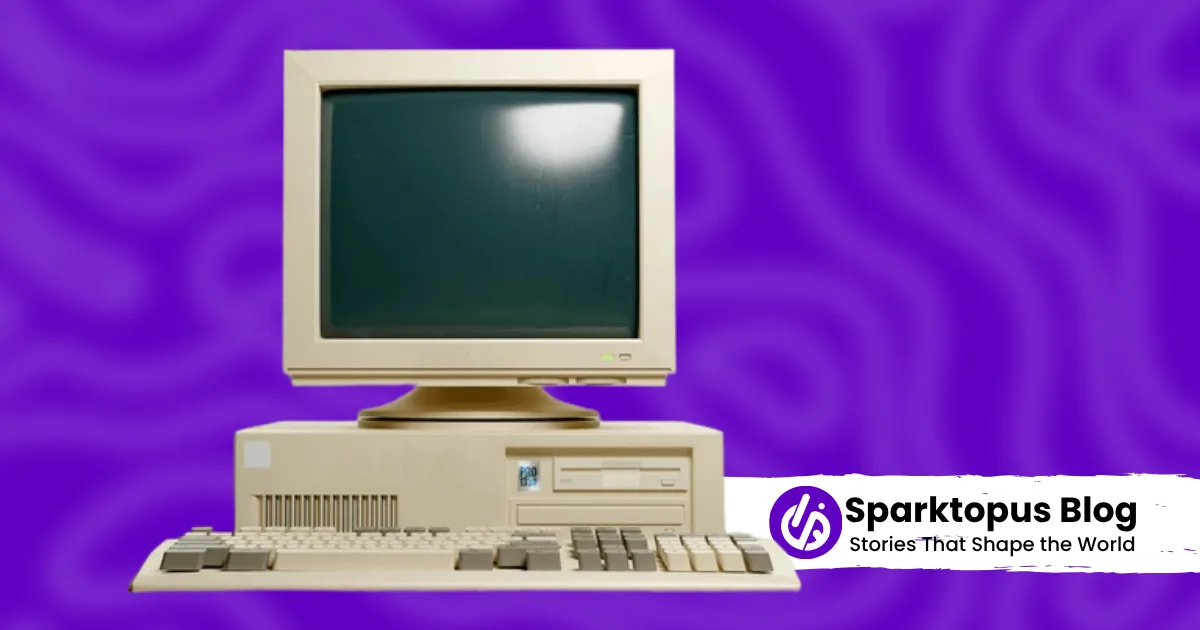
Why It Matters:
Drives everything from smartphones to spacecraft.
Enables automation, data processing, and artificial intelligence.
Critical for virtually every industry, from healthcare to entertainment.
Search Engine Bonus: “Most life-changing technology of the 20th century” often leads to computers and the internet topping the charts.
Honorable Mentions
While the top 10 are undeniable game-changers, here are a few inventions that deserve recognition:
Paper: Made written communication portable and widespread.
Airplane: Shrunk the globe by making global travel faster.
Sanitation Systems: Improved hygiene and public health.
Eyeglasses: Extended productivity and quality of life.
The Clock: Standardized time, enabling modern work and transport systems.
Final Thoughts
Inventions are more than just clever creations—they are milestones in the human journey. They reflect our desire to solve problems, push boundaries, and improve life for ourselves and future generations.
Whether you’re a history buff, tech enthusiast, or casual learner, appreciating these transformative innovations gives perspective on how far we’ve come—and how much further we can go. You may also like to read: 10 Most Influential Leaders in World History.
Reference: Timeline of historic inventions (Wikipedia).
What invention do you think should be added to this list? Let us know in the comments!
Never miss an update! Click the notification bell icon to allow post notifications and follow us @SparktopusBlog on all social media to stay updated!
Thank you for reading! Want more inspiring and educational content? Bookmark Sparktopus Blog today and become part of a community that celebrates progress, discovery, and the spark of innovation.



